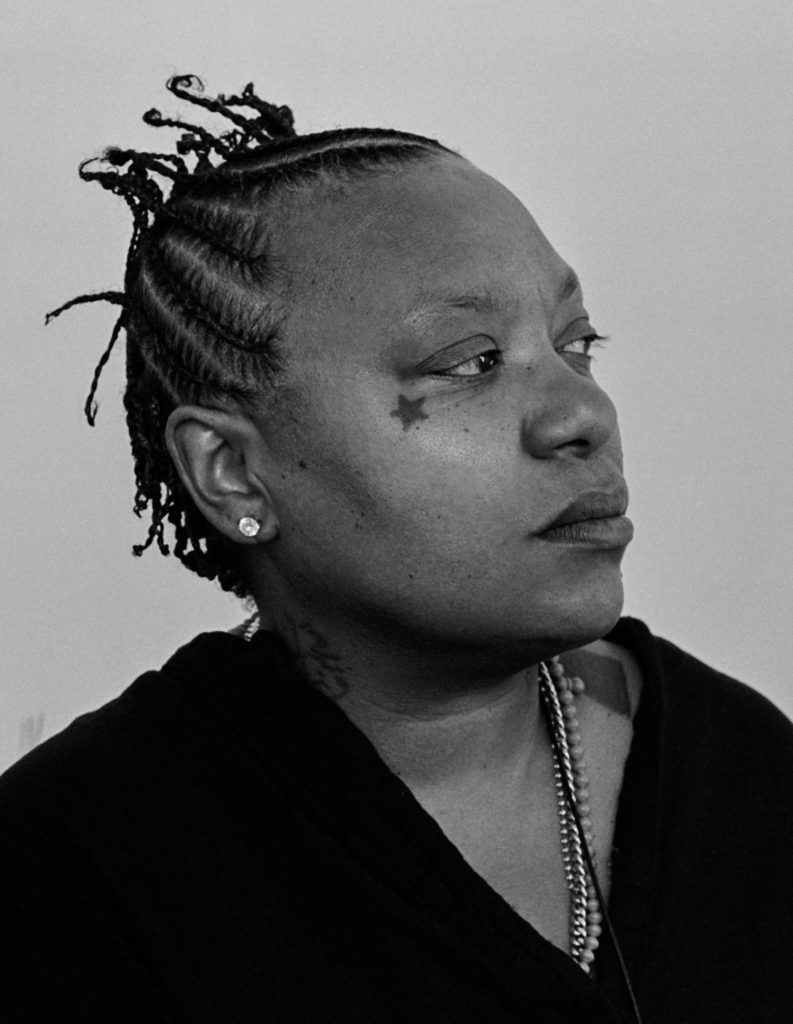Meshell Ndegeocello has released her second Blue Note album, No More Water: The Gospel Of James Baldwin, a striking homage to the eminent writer and activist James Baldwin that is out NOW on his Centennial.
The visionary work is at once a musical experience, a church service, a celebration, a testimonial, and a call to action. With No More Water, Ndegeocello embarks on a prophetic musical odyssey that transcends boundaries and genres, delving headfirst into race, sexuality, religion, and other recurring themes explored in Baldwin’s canon.
Following 2023’s The Omnichord Real Book, her acclaimed Blue Note debut which won the inaugural GRAMMY Award for Best Alternative Jazz Album, the multi-instrumentalist, singer, songwriter, and producer renders an immersive and palpable document that is as sagacious, unabashed, and introspective as Baldwin was in life.
Co-produced by Ndegeocello and guitarist Chris Bruce, No More Water features some of the bassist’s frequent collaborators including Bruce, vocalist Justin Hicks, saxophonist (and Omnichord producer) Josh Johnson, keyboardist Jebin Bruni, and drummer Abe Rounds. Also appearing on various songs are vocalist Kenita-Miller Hicks, keyboardists Jake Sherman and Julius Rodriguez, and Executive Director of the NYCPS Arts Office and trumpeter Paul Thompson. The album also showcases powerful spoken word byvenerated poet Staceyann Chin and Pulitzer Prize-winning author and critic Hilton Als.
Nearly a decade in the making, the album’s origins began in 2016 during a performance at The Harlem Stage Gatehouse as part of their annual showcase honouring Baldwin. Ndegeocello had delved into Baldwin’s work the year before, including the seminal nonfiction work The Fire Next Time, which she considers “life-changing” and carries with her as a “spiritual text.” Ndegeocello says, “It was just a revelation to me, and it softened my heart in so many ways.”
“Inspired by Baldwin’s most well-known essay, Ndegeocello’s piece—often staged as a church service—employs music, sermon, text, images, and movement, all of which enter into conversation with Baldwin’s monumental and delicate essay about how black bodies were perceived not only by white Americans but by blacks themselves,” writes Als in the album’s liner notes. “The music you hear in No More Water, is Jimmy talking to Meshell and his words meeting the language of her sounds and then coming out again through a multitude of voices, a multitude of sounds and thoughts that bring Jimmy back and give him—finally—his whole and true self, that which he offered up, time and again, if only we knew then how to listen.”
No More Water marks a significant moment of self-discovery for Ndegeocello. She adds that Baldwin entered her life at precisely the right time. “It came when I was ready to look in the mirror. I’ve had to play Plantation Lullabies at a few shows. Looking back, I had an interesting perspective, but the dialogue was limited. It was more like a cathartic experience for a young person of colour, whereas now I’m going, ‘How can I get us all to love each other? How can I get us all to see this for what it is?’”

